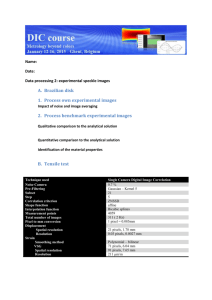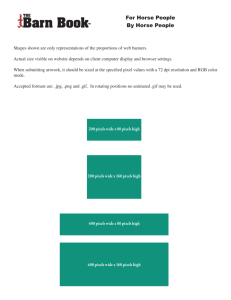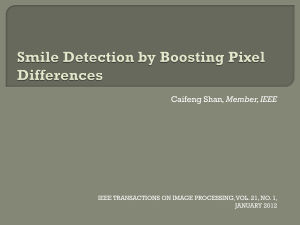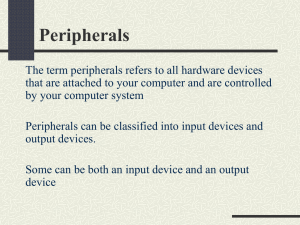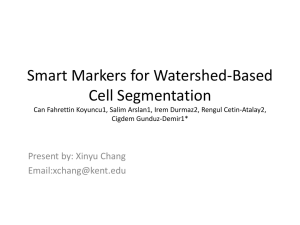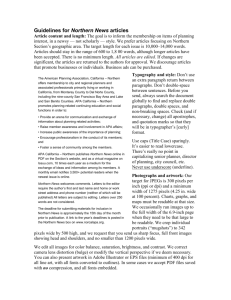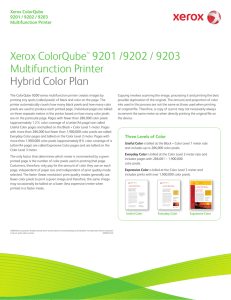Word file (25 KB )
advertisement
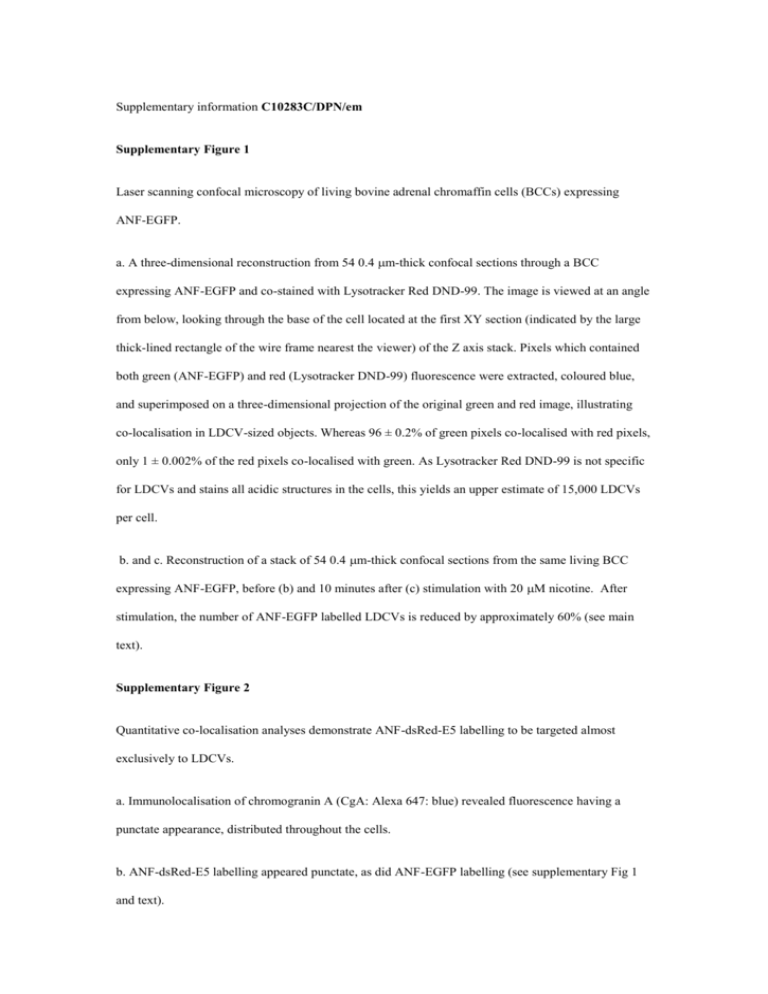
Supplementary information C10283C/DPN/em Supplementary Figure 1 Laser scanning confocal microscopy of living bovine adrenal chromaffin cells (BCCs) expressing ANF-EGFP. a. A three-dimensional reconstruction from 54 0.4 m-thick confocal sections through a BCC expressing ANF-EGFP and co-stained with Lysotracker Red DND-99. The image is viewed at an angle from below, looking through the base of the cell located at the first XY section (indicated by the large thick-lined rectangle of the wire frame nearest the viewer) of the Z axis stack. Pixels which contained both green (ANF-EGFP) and red (Lysotracker DND-99) fluorescence were extracted, coloured blue, and superimposed on a three-dimensional projection of the original green and red image, illustrating co-localisation in LDCV-sized objects. Whereas 96 ± 0.2% of green pixels co-localised with red pixels, only 1 ± 0.002% of the red pixels co-localised with green. As Lysotracker Red DND-99 is not specific for LDCVs and stains all acidic structures in the cells, this yields an upper estimate of 15,000 LDCVs per cell. b. and c. Reconstruction of a stack of 54 0.4 m-thick confocal sections from the same living BCC expressing ANF-EGFP, before (b) and 10 minutes after (c) stimulation with 20 M nicotine. After stimulation, the number of ANF-EGFP labelled LDCVs is reduced by approximately 60% (see main text). Supplementary Figure 2 Quantitative co-localisation analyses demonstrate ANF-dsRed-E5 labelling to be targeted almost exclusively to LDCVs. a. Immunolocalisation of chromogranin A (CgA: Alexa 647: blue) revealed fluorescence having a punctate appearance, distributed throughout the cells. b. ANF-dsRed-E5 labelling appeared punctate, as did ANF-EGFP labelling (see supplementary Fig 1 and text). c. Green, red and yellow pixels which co-localised in three-dimensions with CgA were extracted. There was no significant difference among the green, red or yellow dsRed-E5 colour populations in their colocalisation with CgA (blue) (P = 1.0) – the co-localisations of exclusively green, yellow and red dsRed-E5 pixels with CgA (blue) pixels were 84.2 ± 7.2 %, 87.6 ± 0.9 % and 91.1 ± 3.7 %, respectively. All of the co-localisation was observed in LDCV-sized objects, whereas some cells contained exclusive dsRed-E5 labelling in larger structures probably reflecting the tendency for dsRedE5 to form aggregates. d. A similar analysis for co-localisation of ANF-dsRed-E5 with a marker (Pryde, J.G. . J Cell Sci 107, 3425-36 (1994)) for the Golgi network over the entire three-dimensional image stack with extracted pixels in the green, red (ANF-dsRed-E5) and blue (decorated Golgi membranes) channels. Only 1.86 ± 0.001% and 1.75 ± 0.002% of green and red pixels, respectively, colocalised with the Golgi marker (n = 9940 and 7019 pixels, respectively, from 4 cells). The lack of green fluorescence associated with the Golgi compartment indicates that the dsRed-E5 fluorescence develops only with a delay after protein synthesis and LDCV biogenesis.
